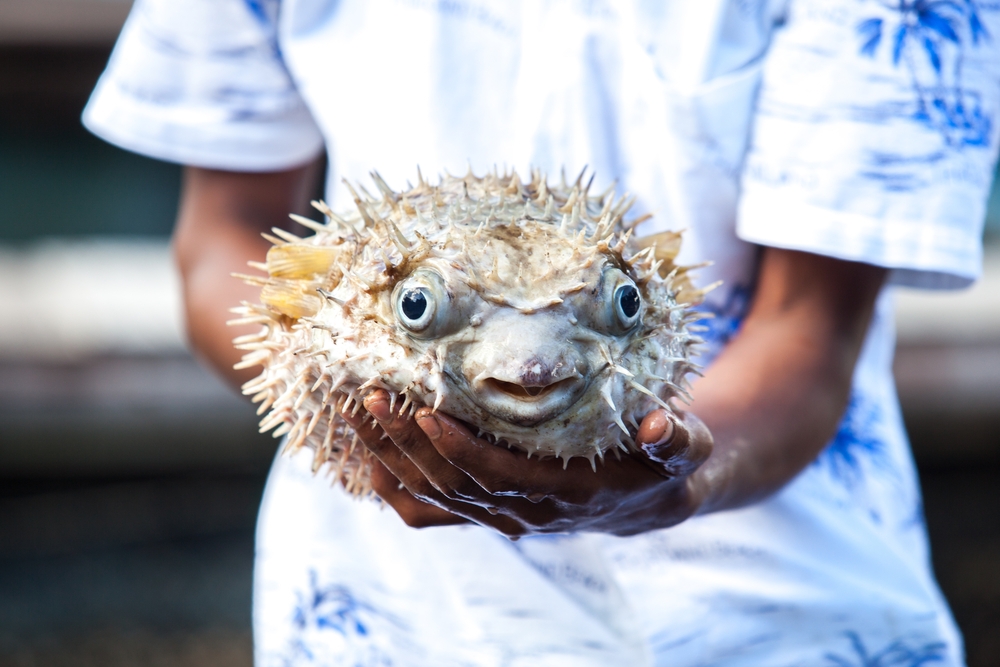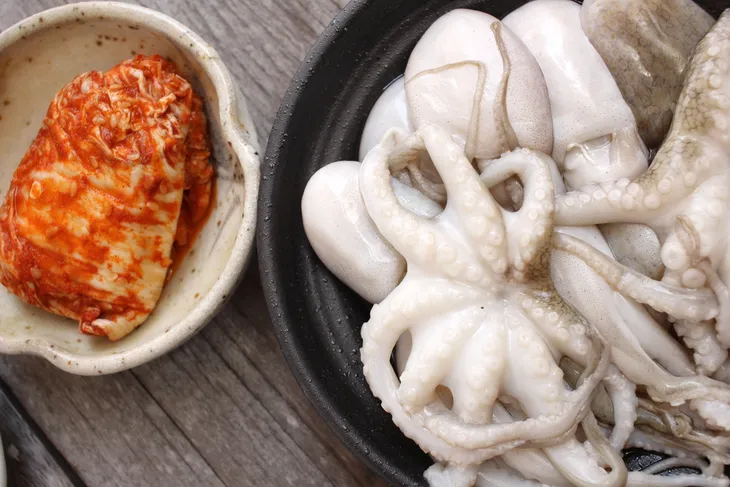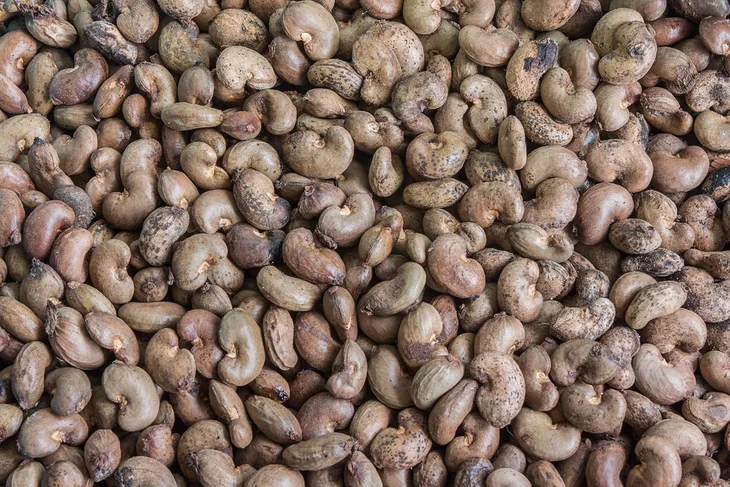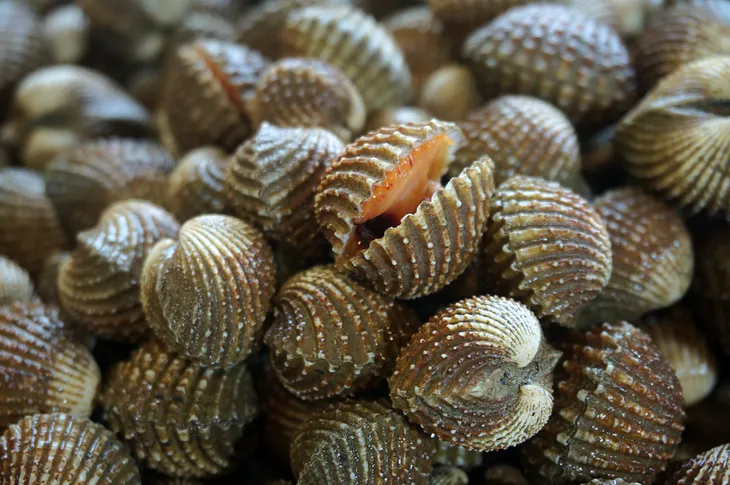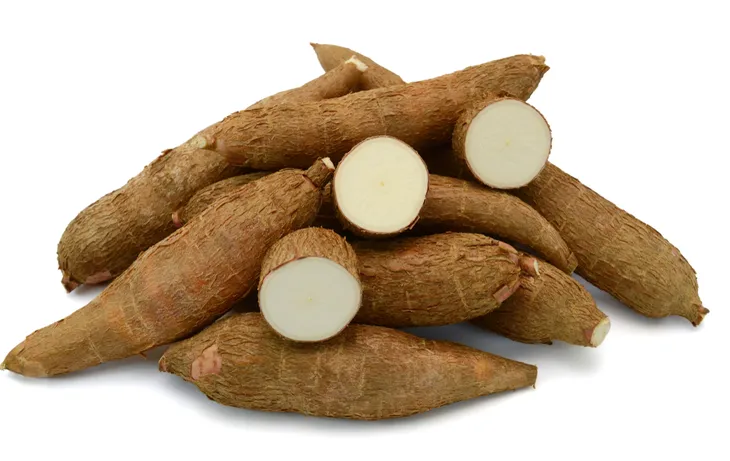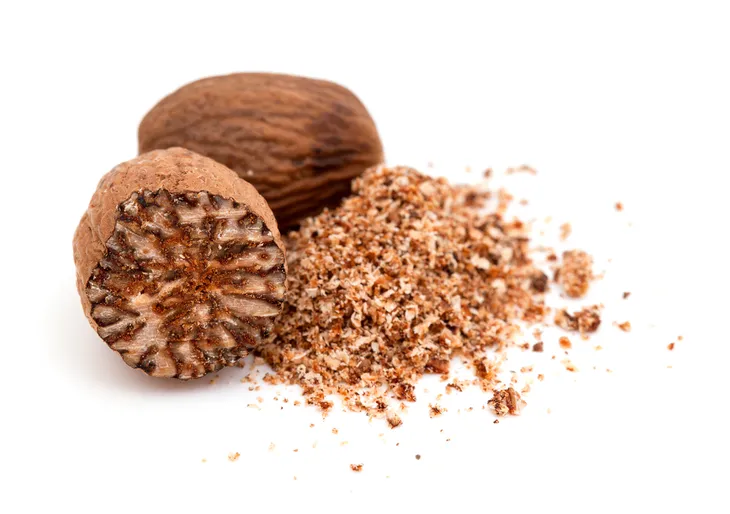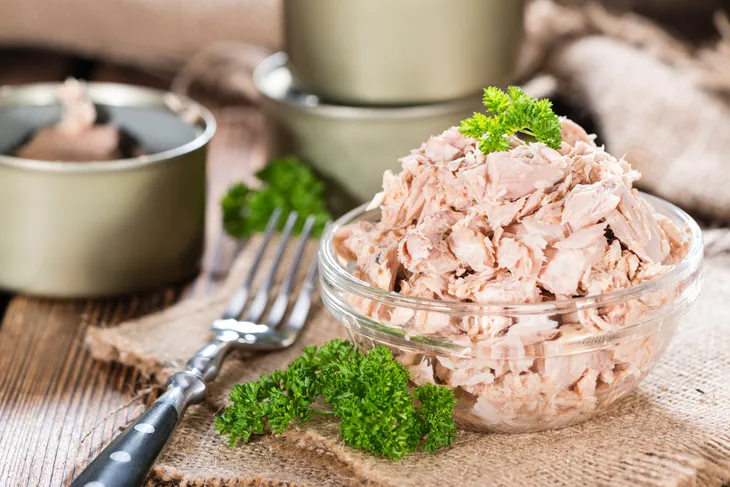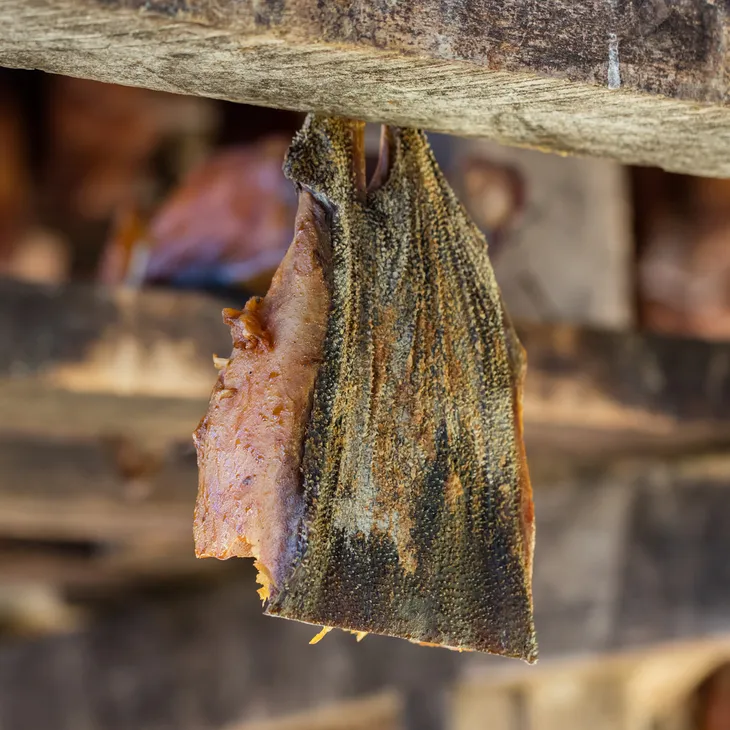You have to admit, human beings tempt fate in many ways—from bungee jumping to swimming with sharks. And even though eating these eight foods may not seem very extreme, let’s take a good look at why noshing on the following is dangerous and in some cases even deadly, foods should be considered a health hazard…
Sannakji
If you’re one of those individuals who will try just about anything, consider turning your nose up at a traditional Korean dish known as Sannakji, or raw baby octopus, which is eaten live. Now baby octopus might not sound deadly until you consider that each of the squirmy tentacles are lined with mini suction cups that can latch on tightly on the way down choking you—on route from mouth to digestive system— unless you chew thoroughly.
Raw Cashews
I’m not referring to the cashews you get salted in the holiday jar or even those steamed varieties sold in grocery bulk bins. However, beware of truly raw cashews, which contain a chemical called urushiol, which gives poison ivy or poison oak it’s itchy, rash-worthy, uncomfortable repercussions. Understandably, on the inside these can be fatal when ingested in large amounts.
Blood Clams
Although blood clams are a relatively rare delicacy, these bivalve mollusks reside in an ocean environment at extremely low oxygen levels. This means they filter along with water and nutrients, high levels of viruses and bacteria—such as dysentery, hepatitis A, and typhoid—which when ingested can result in extreme outbreaks and illnesses in humans.
Cassava
Even though this South American-originating tuber (also called yuca) may taste delectable mashed or fermented into piwarry juice, if you dare to eat the leaves and roots raw, you’ll end up with a deadly case of cyanide poisoning. This is due to an enzyme called linamarase, which when emitted, transforms the tropical veggie into a deadly substance.
Nutmeg
Nutmeg was once used as a psychedelic trip (akin to LSD), but too much of the tree seeds’ hallucinogenic effects (0.2 ounces or more) can result in severe gastrointestinal upset, nausea, vomiting, and explosive diarrhea, as well as dangerous convulsions, heart arrhythmia, seizures, and “nutmeg psychosis,” which includes a sense of impending disaster and can lead to suicidal thoughts, in mere hours to days after ingestion.
Tuna
While a can or filet of Pacific tuna probably won’t harm the average person, we’re all aware of the mercury dangers associated with the fish. In fact, the US Food and Drug Administration (FDA) warns young children and expectant mothers against consumption for this very reason (i.e., high levels of mercury can cause deformity, impaired brain development, and death), while the general public should limit intake to once per month on Pacific tuna, as mercury-tainted fish can be absorbed by the kidneys, travel to the brain and cause mercury-induced insanity.
It’s important to note that it is possible to purchase tuna that has been tested for levels of mercury. Be sure to look for those.
Fugu
Widely known as pufferfish (or blowfish), the internal organs (i.e., the ovaries, liver, and intestines) of this delicacy can have paralyzing and fatal consequences for humans if it’s not prepared carefully. Chefs must remove all traces of the internal organs completely to rid the fish of deadly tetrodotoxin, a substance that’s 1,200 times more fatal than cyanide.
Hákarl
Even though it might not sound too appetizing to North American palates, this fermented shark is considered a treat in Greenland after it’s processed over a 6-month period. Why so long? Well, this particular species of shark has no urinary tract—and that means all toxic wastes and chemicals remain embedded in the shark meat, which must be processed so it’s safe to consume.
